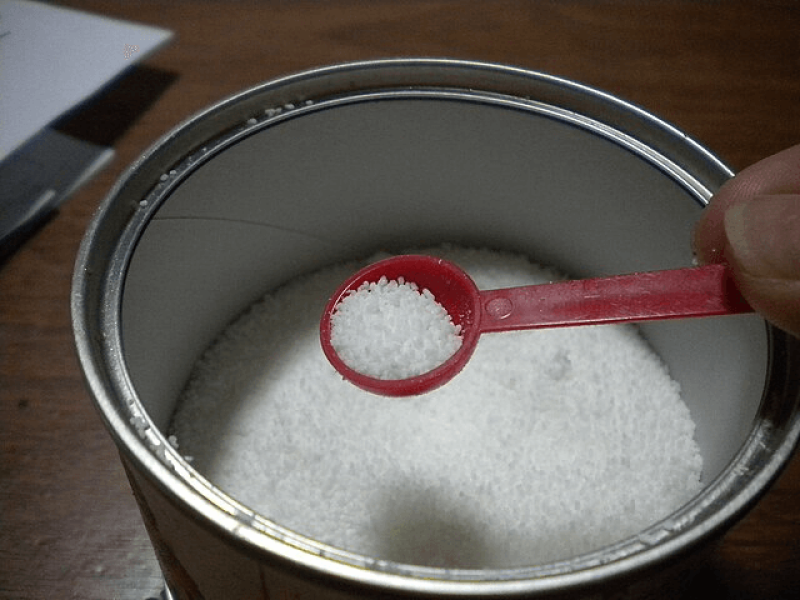MSG has been used as a flavor enhancer for several thousand years. It is one of the key components of many Asian cuisines, especially in the Japanese and Chinese cultures, which have extracted MSG from kelp for centuries. The Romans used a sauce called garum, made from fermented fish, that was used instead of more expensive salt. Garum is rich in monosodium glutamate.
That MSG causes health problems may have thrived on racially-charged biases and xenophobia right from the outset. Ian Mosby, a food historian, wrote in a 2009 paper titled “‘That Won-Ton Soup Headache’: The Chinese Restaurant Syndrome, MSG and the Making of American Food, 1968-1980” that fear of MSG in Chinese food is part of the U.S.’s long history of viewing the “exotic” cuisine of Asia as dangerous or dirty.
…
Joe Mercola, one of the leading purveyors of nonsense science and medicine, calls MSG “the silent killer lurking in your kitchen cabinets.” Oh, my.
…
Mercola pushes the MSG myth that it overexcites your nerve cells to the “point of damage or death, causing brain damage to varying degrees — and potentially even triggering or worsening learning disabilities, Alzheimer’s disease, Parkinson’s disease, Lou Gehrig’s disease, and more.”
But Mercola doesn’t stop there. He also believes that MSG causes obesity, eye damage, headaches, fatigue, disorientation, depression, and a whole host of other maladies.































